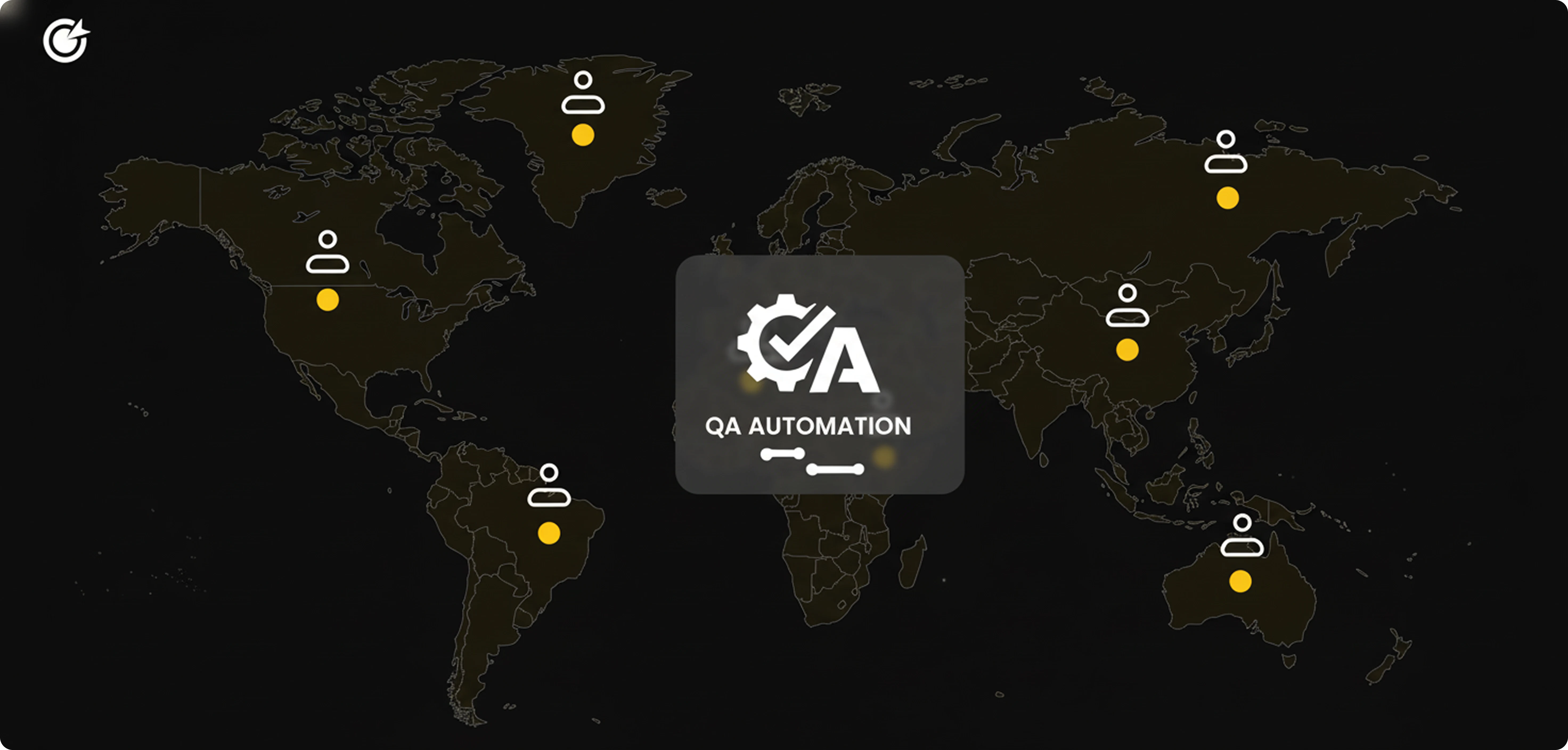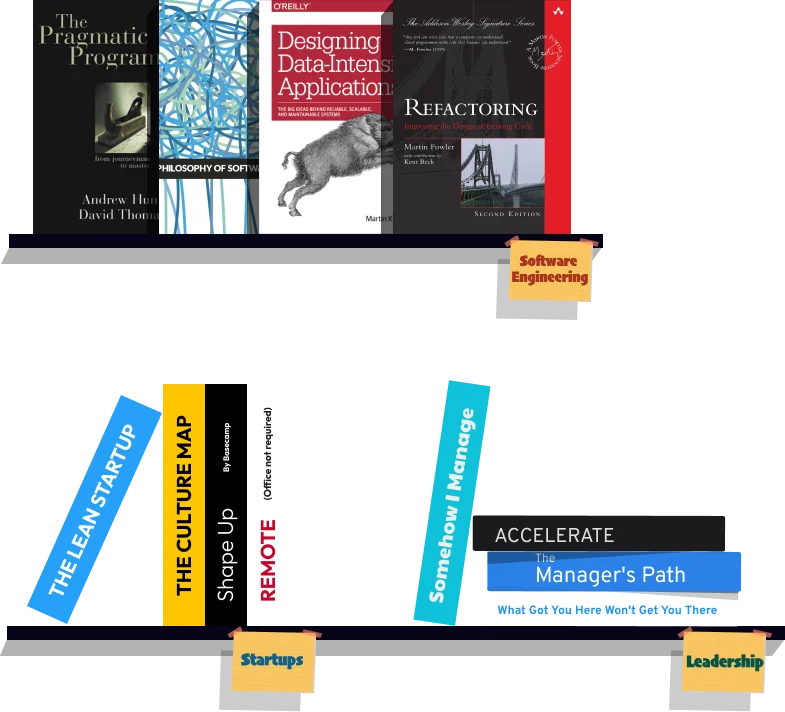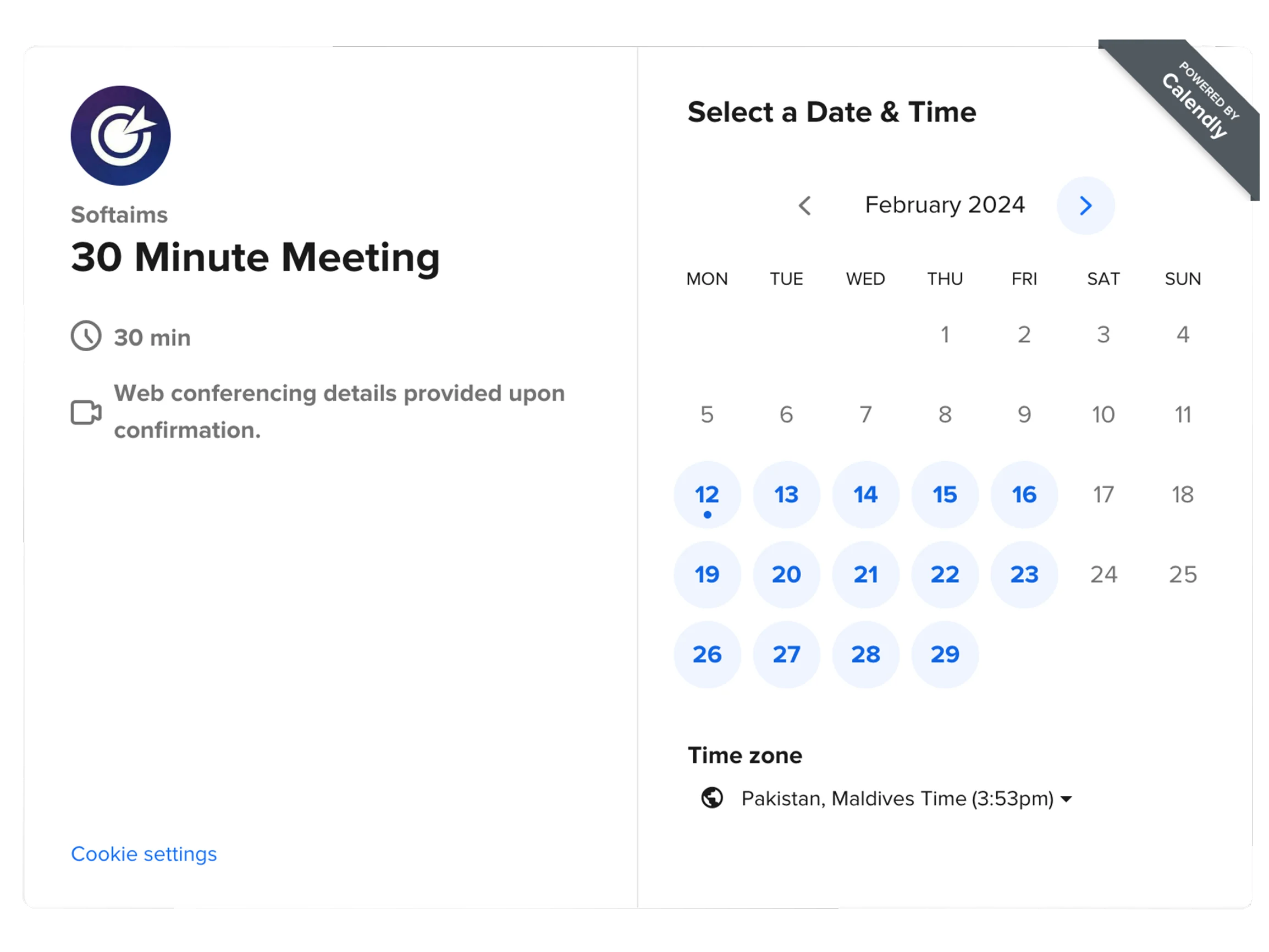The Critical Role of a QA Automation Engineer
A QA (Quality Assurance) Automation Engineer is a highly specialized professional who builds and maintains the automated systems that ensure software quality. They design, develop, and execute automated tests that can quickly and reliably verify an application's functionality, performance, and reliability, moving beyond the limitations of manual testing.

Hiring a QA Automation Engineer is an investment in both speed and confidence. By creating a robust safety net of automated tests, they enable development teams to release new features faster and with fewer regressions. They are essential for any modern organization that wants to build a culture of quality and implement a successful CI/CD process.
Strong Programming and Scripting Skills
A great QA Automation Engineer is, first and foremost, a strong software developer. They must have solid programming skills in a language commonly used for test automation, such as Python, Java, or JavaScript. This proficiency allows them to write clean, maintainable, and scalable test code, not just simple scripts.
They should be able to apply object-oriented programming (OOP) principles to create reusable testing frameworks and abstractions. The ability to write code like new LoginPage(driver).login("user", "pass") shows they can build a robust testing system that is easy for the entire team to understand and contribute to.
Expertise in Test Automation Frameworks
A candidate must have deep, hands-on experience with at least one major test automation framework. For web UI automation, this means proficiency in a tool like Selenium WebDriver, Cypress, or Playwright. These tools provide the APIs to programmatically control a web browser and assert that the UI behaves as expected.
For API testing, they should be skilled with frameworks like Postman (with Newman), REST Assured (for Java), or Pytest (for Python). Their ability to choose the right framework for the job and build a comprehensive test suite with it is a core competency of the role.
Solid Understanding of Testing Fundamentals
Automation is a tool, not a replacement for good testing principles. A top-tier candidate must have a solid foundation in QA fundamentals. This includes a clear understanding of the different types of testing, such as unit, integration, end-to-end, performance, and security testing, and knowing where automation provides the most value.
They should be able to create clear, concise, and comprehensive test plans and test cases that effectively cover the application's requirements. They need to think like a user to identify edge cases and potential failure points that a developer might miss, and then translate those scenarios into automated tests.
API Testing and Backend Automation
While UI testing is important, it can be slow and brittle. A modern QA Automation Engineer knows that a robust testing strategy starts with the API layer. They must be experts at testing APIs to verify business logic, data integrity, and contract adherence between the client and server.
This involves sending HTTP requests to API endpoints, asserting that the status codes and JSON responses are correct, and testing both successful and failure scenarios. Automating at the API level provides faster feedback to developers and is a much more stable and efficient way to ensure core functionality is working correctly.
Integration with CI CD Pipelines
The true power of test automation is unlocked when it is integrated into the development lifecycle. A candidate must have hands-on experience integrating their automated test suites into a CI/CD pipeline using tools like Jenkins, GitLab CI, or GitHub Actions. The goal is for the tests to run automatically on every code commit.
This integration provides immediate feedback to developers, allowing them to catch regressions before they are merged into the main codebase. An engineer who can set up a "gated check-in," where a code merge is blocked by failing tests, is a valuable asset who actively prevents bugs from ever reaching production.
Test Environment and Test Data Management
Automated tests are only reliable if they run in a consistent and predictable environment. A skilled QA Automation Engineer should have experience with provisioning and managing test environments, often using tools like Docker to ensure consistency. This prevents "it works on my machine" issues.
Furthermore, they must have a solid strategy for managing test data. This can involve seeding a database with a known set of data before a test run, creating data on the fly via an API, or using data-driven testing techniques to run the same test with multiple sets of input data. Reliable data management is crucial for writing stable and repeatable tests.
Performance Testing Skills
Ensuring an application is functional is only one part of quality; ensuring it performs well under load is another. While this can be a specialized role, a well-rounded QA Automation Engineer should have foundational knowledge of performance testing concepts. This includes understanding metrics like response time, throughput, and error rate.
They should have some experience with performance testing tools like JMeter or k6. The ability to write a basic load test script to simulate concurrent users and identify performance bottlenecks is a highly valuable skill that contributes directly to a better user experience.
Version Control with Git
Test automation code is code, and it must be treated with the same discipline as application code. A QA Automation Engineer must be highly proficient with Git and a platform like GitHub or GitLab. They need to be able to manage their test code in a version-controlled repository, using branches for new features and submitting pull requests for code review.
This "tests as code" approach is fundamental to a modern DevOps culture. It ensures that the test suite is a collaborative project that the entire team can contribute to, and it keeps a clear history of all changes made to the automation framework.
An Analytical and Problem-Solving Mindset
At its core, the role of a QA Automation Engineer is about problem-solving. When a test fails, they need to have a strong analytical mindset to investigate the issue. They must be able to determine whether the failure is a genuine bug in the application, a flaw in the test script, or an issue with the test environment.
This requires excellent debugging skills, the ability to read application logs, and a methodical approach to isolating the root cause of a problem. They are detectives who ensure that when a test fails, it provides a clear and actionable signal to the development team.
How Much Does It Cost to Hire a QA Automation Engineer
The cost of hiring a QA Automation Engineer is significant, as the role requires a unique blend of software development and quality assurance expertise. The salary is influenced by their geographic location, years of experience, and their proficiency with specific high-demand automation tools and programming languages.
Salaries in major North American and Western European tech centers are generally the highest. The following table provides an estimated average annual salary for a mid-level QA Automation Engineer to illustrate these global variations.
| Country |
Average Annual Salary (USD) |
| United States |
$110,000 |
| United Kingdom |
$75,000 |
| Germany |
$72,000 |
| Canada |
$90,000 |
| Australia |
$88,000 |
| Poland |
$50,000 |
| Ukraine |
$48,000 |
| India |
$30,000 |
| Brazil |
$40,000 |
| Netherlands |
$78,000 |
When to Hire Dedicated QA Automation Engineers Versus Freelance QA Automation Engineers
Hiring a dedicated, full-time QA Automation Engineer is the right decision when you are building a long-term, complex product that requires a mature and continuously evolving testing strategy. A dedicated engineer will take ownership of the test automation framework, integrate deeply with the development team, and champion a culture of quality across the organization.
Hiring a freelance QA Automation Engineer is a more tactical approach, ideal for specific, short-term needs. This is perfect for setting up an initial automation framework for a new project, automating a specific backlog of legacy test cases, or getting expert help to conduct a one-time performance test. Freelancers provide the specialized expertise needed to achieve a well-defined goal quickly.
Why Do Companies Hire QA Automation Engineers
Companies hire QA Automation Engineers to increase the speed and confidence of their software release process. Automated tests can run much faster and more frequently than manual tests, allowing for rapid feedback on every code change. This test coverage acts as a safety net, enabling development teams to make changes and add new features with a much lower risk of introducing regressions.
Ultimately, QA automation is a critical enabler of a successful DevOps and CI/CD culture. By catching bugs earlier in the development cycle, they significantly reduce the cost and effort required to fix them. This leads to higher-quality software, happier users, and a more productive and efficient engineering team that can focus on innovation rather than fixing recurring issues.
In conclusion, hiring a top-tier QA Automation Engineer requires finding a professional who is as much a developer as they are a tester. The ideal candidate will combine strong programming skills and expertise in modern automation frameworks with a deep-seated commitment to quality and an analytical, problem-solving mindset. By seeking out engineers who can build and maintain a robust, reliable, and fully integrated automation system, companies can transform their development process, shipping better software faster and with far greater confidence.



































